To provide the best experiences, we use technologies like cookies to store and/or access device information. Consenting to these technologies will allow us to process data such as browsing behaviour or unique IDs on this site. Not consenting or withdrawing consent, may adversely affect certain features and functions.
The technical storage or access is strictly necessary for the legitimate purpose of enabling the use of a specific service explicitly requested by the subscriber or user, or for the sole purpose of carrying out the transmission of a communication over an electronic communications network.
The technical storage or access is necessary for the legitimate purpose of storing preferences that are not requested by the subscriber or user.
The technical storage or access that is used exclusively for statistical purposes.
The technical storage or access that is used exclusively for anonymous statistical purposes. Without a subpoena, voluntary compliance on the part of your Internet Service Provider, or additional records from a third party, information stored or retrieved for this purpose alone cannot usually be used to identify you.
The technical storage or access is required to create user profiles to send advertising, or to track the user on a website or across several websites for similar marketing purposes.
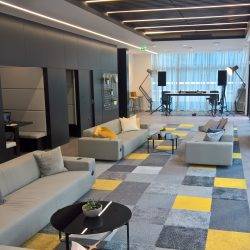 Property and flexible office firm Bruntwood has launched ‘Made & Managed’ which it claims is a service enabling occupiers to benefit from a ‘design now, pay later’ approach to designing and creating bespoke offices. The service is based around the idea that tenants absorb design and fit-out costs into a monthly bill, meaning no upfront costs.
Property and flexible office firm Bruntwood has launched ‘Made & Managed’ which it claims is a service enabling occupiers to benefit from a ‘design now, pay later’ approach to designing and creating bespoke offices. The service is based around the idea that tenants absorb design and fit-out costs into a monthly bill, meaning no upfront costs.



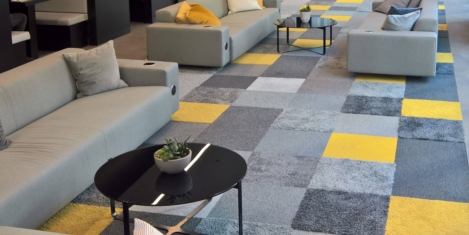
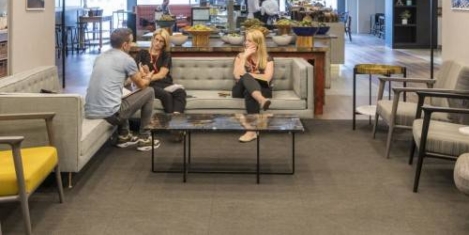
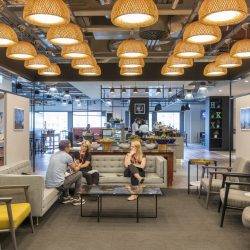



 A new report has been published which argues that FM has the power, and responsibility to contribute towards social, economic and political betterment, but to do so the sector needs to be more explicit in the value it offers. Sustainability in facilities management: A Holistic View’ from Active Workplace Solutions claims to explore sustainability within the built environment, analyses how the facilities management (FM) sector can impact wider environmental, social and economic goals and build a holistic strategic picture of sustainability.
A new report has been published which argues that FM has the power, and responsibility to contribute towards social, economic and political betterment, but to do so the sector needs to be more explicit in the value it offers. Sustainability in facilities management: A Holistic View’ from Active Workplace Solutions claims to explore sustainability within the built environment, analyses how the facilities management (FM) sector can impact wider environmental, social and economic goals and build a holistic strategic picture of sustainability. 
 IT analyst Gartner has forecasted that by 2022 cloud will make up almost a third of IT spending, but only a quarter of SMEs are properly prepared for it, claims a new study. The Missed Middle study, commissioned by Crown Workspace, found that three quarters of UK SMEs are failing to embrace workplace technologies such as cloud, mobile working and digital devices. This could impact their business agility, security and financial efficiency. Cost is the most common barrier preventing SMEs from creating the optimum workspace that features modern technology. For instance voice technology has seen huge adoption over the past few years, however less than one in five respondents are ready for it in the workplace.
IT analyst Gartner has forecasted that by 2022 cloud will make up almost a third of IT spending, but only a quarter of SMEs are properly prepared for it, claims a new study. The Missed Middle study, commissioned by Crown Workspace, found that three quarters of UK SMEs are failing to embrace workplace technologies such as cloud, mobile working and digital devices. This could impact their business agility, security and financial efficiency. Cost is the most common barrier preventing SMEs from creating the optimum workspace that features modern technology. For instance voice technology has seen huge adoption over the past few years, however less than one in five respondents are ready for it in the workplace. 



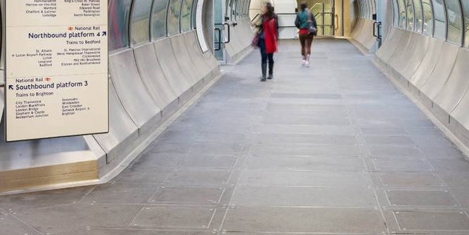
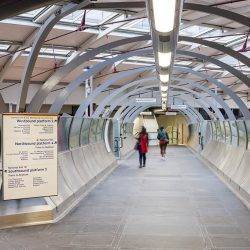




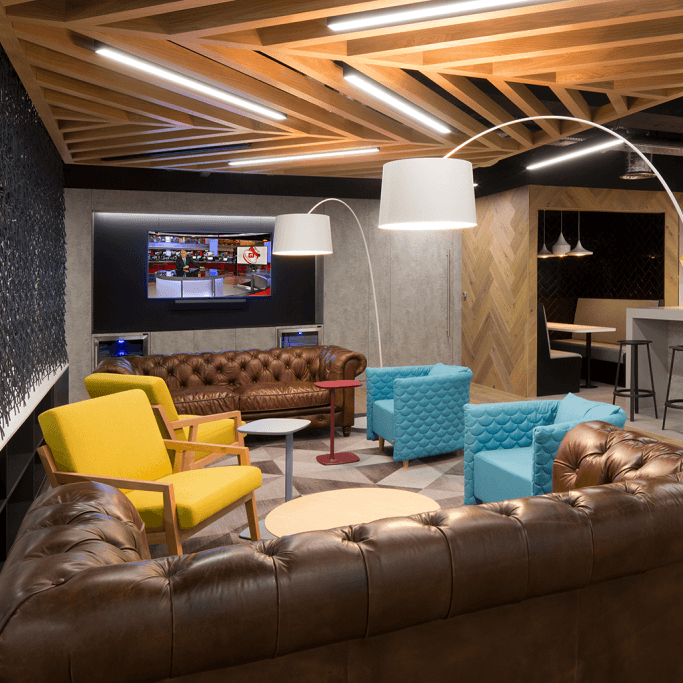
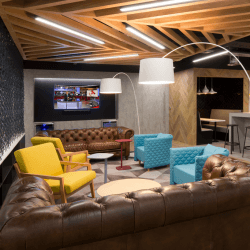










December 17, 2018
Don’t be a turkey, get on the commercial property gravy train
by Jo Sutherland • Comment, Property
More →